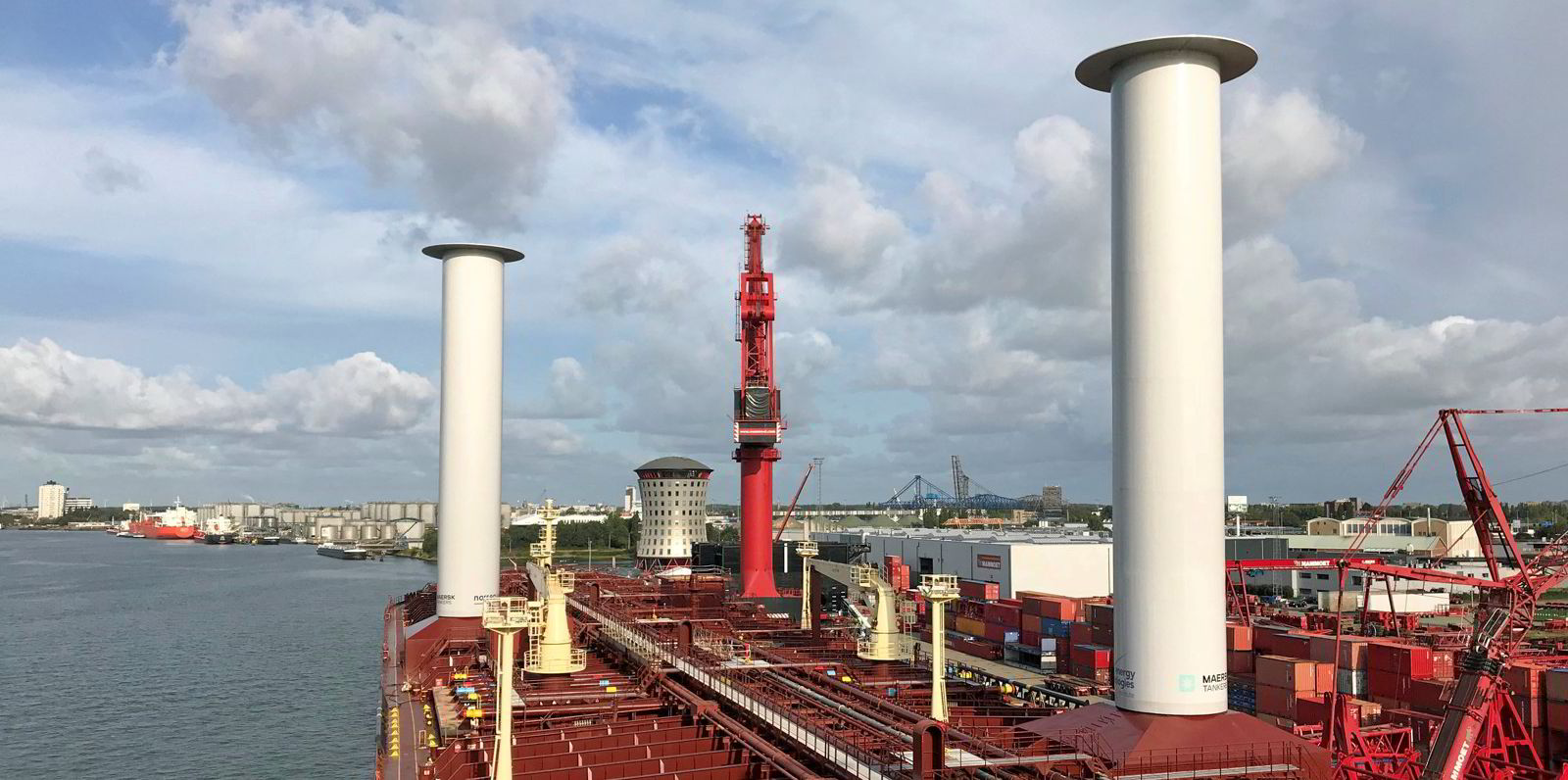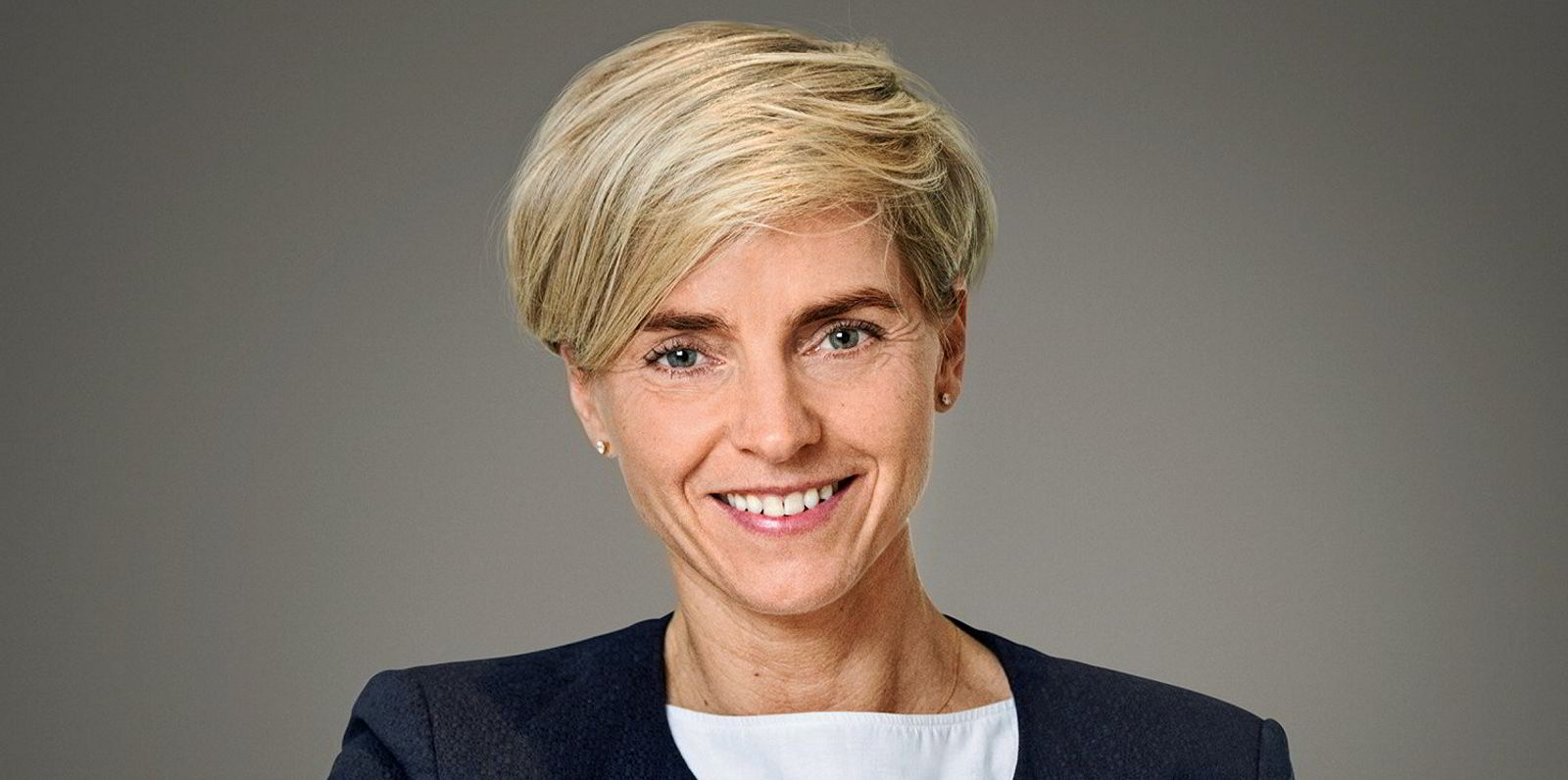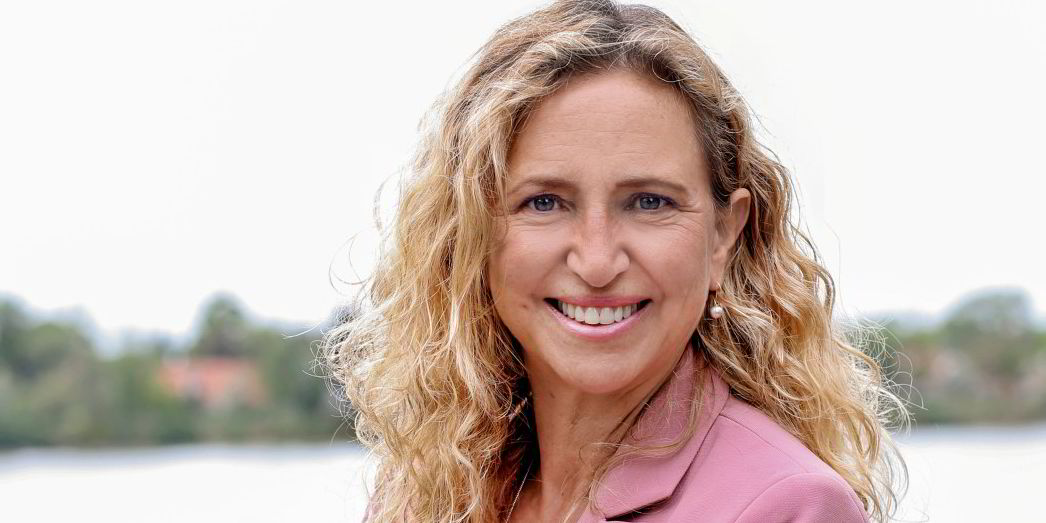Maersk Product Tankers achieved its best annual result on record in 2020, following a series of vessel sales and strong freight rates during the first half.
The Denmark-based owner’s net profit amounted to nearly $161m last year, compared with $92.4m in 2019, according to its annual report.
“We look back on a year defined by a health pandemic that shook all corners of the globe, leaving an indelible mark on people and society,” chief executive Christian Ingerslev said.
“During one of the most volatile years in tanker market history, we delivered record-high financial results, and strengthened the company’s market position by optimising our fleet composition and performance.”
The company said its results were in part boosted by the sales of six LR2, five MRs, five handy and four intermediate tankers of various ages at “attractive” prices in the secondhand market.

Separately, Maersk Product Tankers agreed to sell 14 ships to China Development Bank Financial Leasing in December and booked a reversal of impairment of $64.6m for the transaction.
The Chinese state-backed lessor has leased nine of them back to Maersk Product Tankers on bareboat terms. The lessee has the option to buy the vessels when the charters expire.
Market outlook
Full-year revenue fell to $664m from $728m in 2019, mainly due to weak spot rates between July and December 2020.
“Following the demand boom in the first half of the year, a bust kicked in in the second half with lower freight rates,” Ingerslev said.
“At the same time, the tanker fleet continued to grow, and scrapping levels kept low, causing a supply-demand imbalance.”
Looking forward, the CEO expects the pace of market recovery will largely depend on the speed and effectiveness of Covid-19 vaccinations.
“We expect the market to remain subdued in the first half of 2021, but with a likely rebound later in the year,” he added.
Green performance
Maersk Product Tankers was established by AP Moller Holding and Mitsui & Co as a vessel-owning vehicle in 2017. Its fleet is commercially and technically managed by Maersk Tankers, which is wholly owned by AP Moller.
The shipowner said it managed to reduce bunker consumption with software provided by ZeroNorth, a tech start-up spun off from Maersk Tankers in 2020.
Maersk Product Tankers’ fleet has cut its carbon intensity by 28.7% as measured on the Energy Efficiency Operational Indicator between 2008 and 2020.
The company said it is on track to meet its own target of a 30% reduction this year.
“Shipowners have to put in place comprehensive plans to reduce their CO2 emissions,” Ingerslev said. “At Maersk Product Tankers, we are reducing the fleet’s CO2 emissions through our partnership with Maersk Tankers.
“While we are pleased with this achievement, we recognise that substantial work lies ahead to cut emissions further. We are priming ourselves through partnerships and digital, commercial and technical initiatives.”
Maersk Tankers is part of the Getting to Zero Coalition, working with major players such as Total to develop zero-emission vessels in the deepsea trade by 2030.






